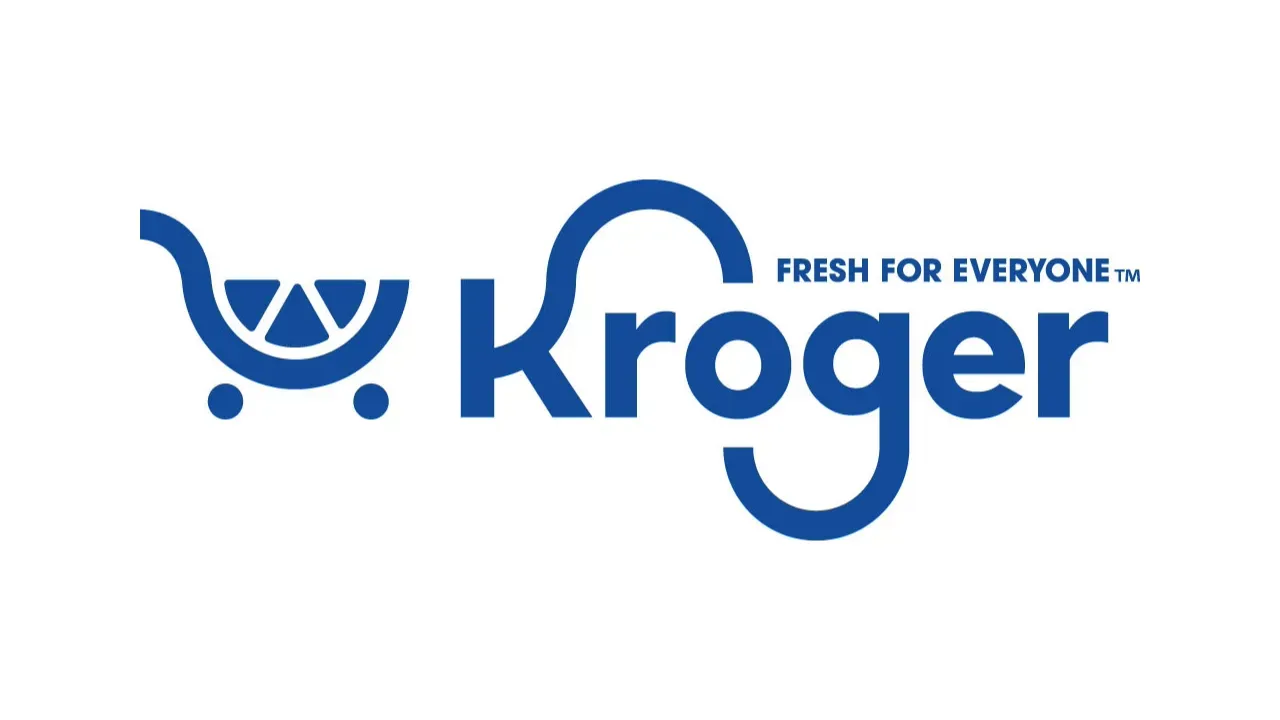BENTONVILLE, Ark. — Walmart posted a 3.8% increase in income from continuing operations to $3.43 billion, or 98 cents per share for the first quarter of fiscal 2012.
Walmart posted a 3.8% increase in income from continuing operations to $3.43 billion, or 98 cents per share for the first quarter of fiscal 2012.
The discount store giant said Tuesday that net sales gained 3.3% to $103.4 billion, but comparable-store sales in the flagship Walmart U.S. division slipped 1.1%, within management’s projected range of flat to down 2%.
The results were better than Wall Street expected. Analysts surveyed by Thomson Reuters on average had expected earnings of 95 cents per share on sales of $102.93 billion.
“We recognize we still have work to do, and comp-sales growth remains the greatest priority for me and the entire Walmart U.S. team,” said president and chief executive officer Mike Duke in a statement. “The good news is that the plan Bill Simon and his team are executing is gaining traction.”
Operating income at Walmart U.S. grew 0.8% to $4.65 billion as sales edged up 0.6% to $62.67 billion. The brightest spot in the quarter was the performance of Sam’s Club, which recorded a 7% rise in operating income to $459 million on a 9.4% jump in sales to $12.84 billion. Comparable-store sales excluding fuel at Sam’s rose a solid 4.2%.
“Sam’s Club delivered really good results this quarter, with a 4.2% comp that was well above our guidance,” said Duke. “Sam’s momentum is reflected in comp sales and increases in new members. The warehouse channel is increasing in importance in the retail landscape and Sam’s is gaining further momentum.”
As usual, the International Division turned in the strongest reported sales increase, as the segment’s top line expanded 11.5% to $27.91 billion. However, those figures included a $1.3 billion benefit from currency exchange, and on a constant exchange basis sales improved 6.2%, with Mexico, China and Chile reporting the strongest comparable-store sales increases.
International’s reported operating profit rose 1.2% to $1.1 billion, but excluding the currency exchange benefit, income fell 3.3%.
In a prerecorded conference call, Walmart U.S. president and CEO Bill Simon said that grocery and health and wellness achieved positive comparable-store sales results within the division. The overall 1.1% comp-store decline reflected lower traffic that was partially offset by a higher average transaction, aided slightly by inflation.
“Our food business is delivering positive sales growth that’s on par with the top competitors and we’re seeing recovery in our consumables business,” said Simon. “Customers are responding positively as we expand our merchandise assortment, adding back items across all categories.”
Simon also elaborated on the division’s expansion plans for the current fiscal year. Walmart has scaled back its planned domestic store openings from a range of 185 to 205 announced last October to a range of 140 to 160 new units. “We are delaying the delivery of additional in-box conversions of discount stores to Supercenters as we take the time to review and adjust this initiative,” he said.
Based on the strong performance of the Walmart Neighborhood Markets, the company intends to open between 15 and 20 new locations this year. Simon pointed out that the Neighborhood Markets achieved a comparable-store sales increase of 4% that was driven by a 2% rise in customer traffic.
“We will also open several of the Walmart Express stores as a pilot in both rural and urban areas, with the goal of having 15 to 20 stores by year end,” Simon added. “The Express pilots will be different, so we can determine which merchandise assortment is right for the community. Some will have pharmacy; some won’t. The goal is to get the model right, so that when we have the format, we’ll roll it out and it will be successful.”
According to a published report, two of the new Neighborhood Market locations will be in the Dallas area. Walmart plans to convert two former Albertsons LLC supermarkets in Flower Mound and Frisco, Texas, into Neighborhood Market stores, the Dallas Business Journal reported Tuesday.





